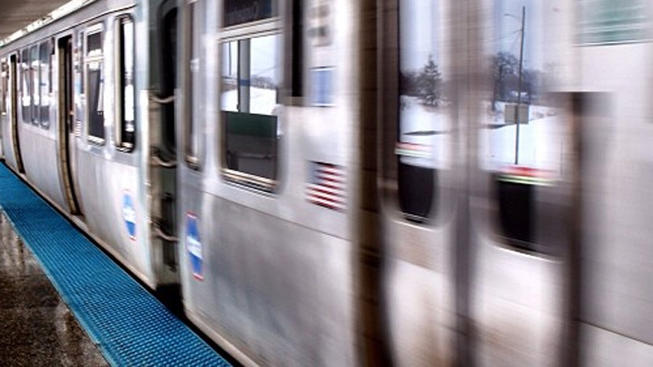Imagine this: You live in a ward where feelings against Mayor Rahm Emanuel are high, and you want to run for alderman. Of course, you know running a campaign is hard, and requires a lot of money.
One day, an email from a PAC called Chicago Forward arrives. It contains a series of questions from a powerful politician you know has a boatload of money. All you have to do, it seems, is agree to back some key positions on some of Chicago’s most pressing issues that are important to this politician, and hopefully, some checks supporting your campaign will start to flow.
What do you do?
Since this is Chicago, what you would likely do is tell the politician you agree and take the money and run. That’s how it’s been done in Chicago for decades, with aldermanic challenger after aldermanic challenger aligning himself or herself with the fifth floor of City Hall and then basking in the glow of photo ops and campaign financing.
Local
But, since this is Rahm Emanuel we’re talking about, such a decision today might not be so easy to make.
After all, this is a mayor with only 35 percent approval rating in the city he rules over. As well, he’s actively disliked across large sections of town, particularly among black and Hispanic voters. Let alone some unions, those affected by crime, public school supporters and who knows what else.
Chicago Forward is raising millions of dollars by touting itself as being “actively engaged in the 2015 municipal elections supporting candidates who demonstrate a shared commitment to policies and priorities that will continue to move our city forward.” Recently, the group sent out an e-mail to potential aldermanic challengers asking them where they stood on topics such as charter school expansion, an elected school board, increasing in the minimum wage and the likelihood of raising city property taxes.
The email promises for the select few, the PAC will launch “a series of targeted communication campaigns ward by ward and city-wide to get our message out to voters through television ads, radio ads, mail, and phone communications.”
Answer how the Emanuel campaign likes for all of these issues, and you could be a part of this largess.
The bad news for anyone filling out the form is that down the road once campaign season really starts, being seen as aligned with an unpopular mayor and taking his money could turn out to become a political liability instead.
If I was an incumbent alderman who’s opposed to the way Emanuel is running the city—say, a member of the eight-member strong Progressive Reform Caucus—or an aldermanic challenger looking to unseat an incumbent who’s cozied up to the mayor in the past, the first part of my campaign platform would be to tar my opponent as someone in the pocket of an increasingly unpopular mayor.
As well, if I was a candidate who suddenly had a well-financed fellow challenger, I’d tie the source of his campaign financing to Emanuel every chance I got.
As 2nd Ward alderman and frequent Rahm critic Bob Fioretti points out, the questionnaire also all but predicts a property tax hike is coming down the pike for already hard-hit Chicago taxpayers. That’s a tough burden to shoulder for a first time candidate to take on as a policy position.
But there’s another potentially steep political cost a candidate could suffer if it comes out he or she is being supported politically or financially by an unpopular mayor.
Most political observers and media types have so far seen Chicago Forward as a tool the Emanuel campaign will use to help elect more “friendly aldermen” in Chicago’s City Council.
But, just for the sake of conversation: what if it’s not?
Assuming the Emanuel campaign is looking to further stack the deck in his favor in City Council somewhat assumes Rahm sees his re-election campaign as a strong bet. Only by betting that you’re likely to win can you start looking down the road to how to make your next administration even easier in City Council than it already is.
We don't know what the Emanuel campaign is seeing these days in terms of internal polling or other methods of gauging his electoral chances. We do know he reads the news, and much of the reporting on his chances these days seems a bit grim.
For all we know, Chicago Forward might not be an attempt to stack the deck as much as it could be to create a bulwark in wards where he could easily lose the popular vote. In that scenario, an unpopular mayor like Emanuel needs well-financed candidates to maintain his control of Council.
Or avoid looking like he got slaughtered in, say, black and brown wards across the city.
Back in the old days, a powerful mayor found potential aldermanic candidates through word of mouth and identifying those who worked hard in a strong political infrastructure made up of precinct captains, committeemen and incumbents. That way, he knew from the start they were on his side and willing to work on his campaign as much as he was willing to work on theirs.
So what does it say about the Emanuel campaign that it has to go out and send an email questionnaire just to rustle up enough candidates willing to sign up to a potentially unpopular agenda before he even agrees to support them?



